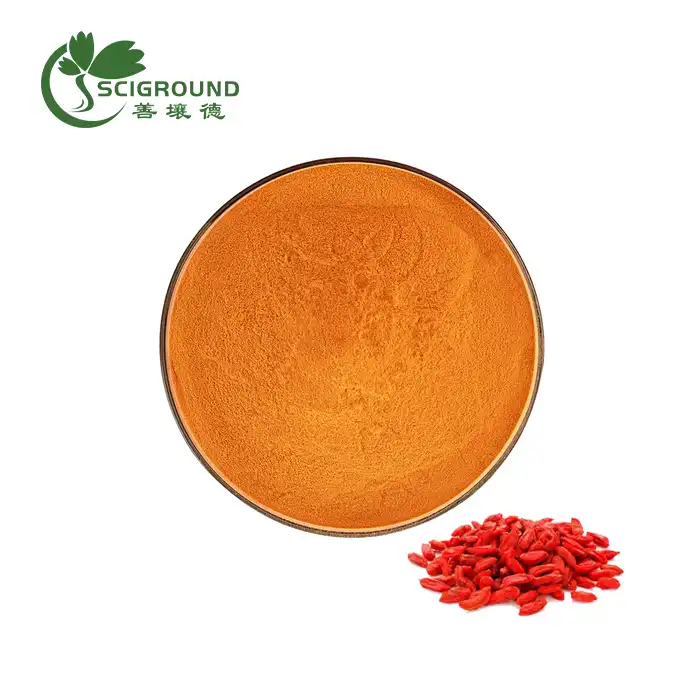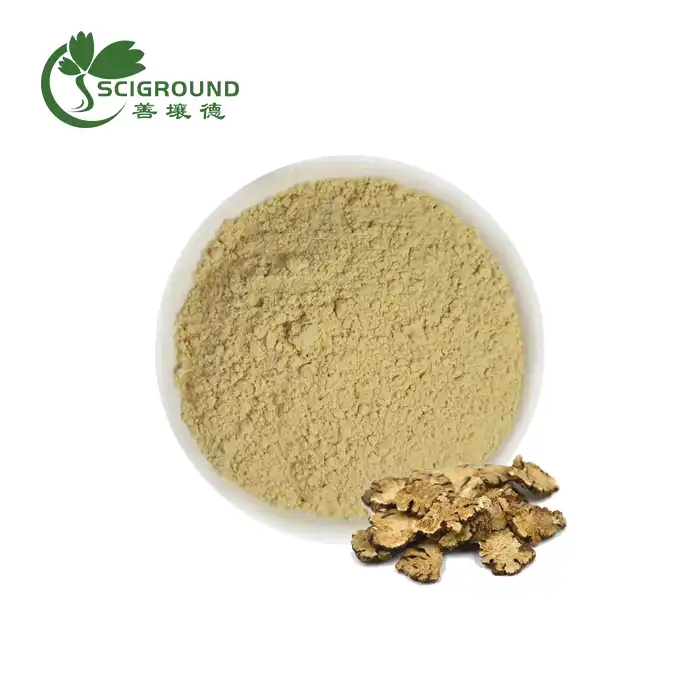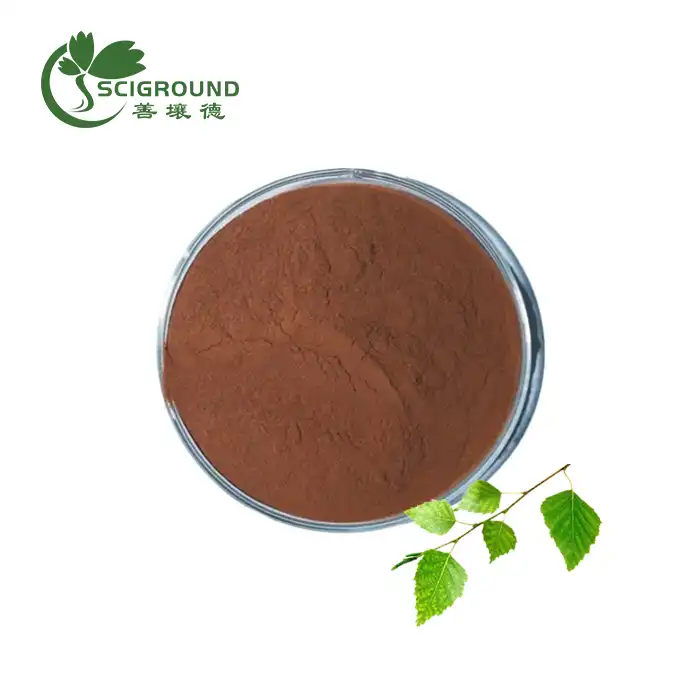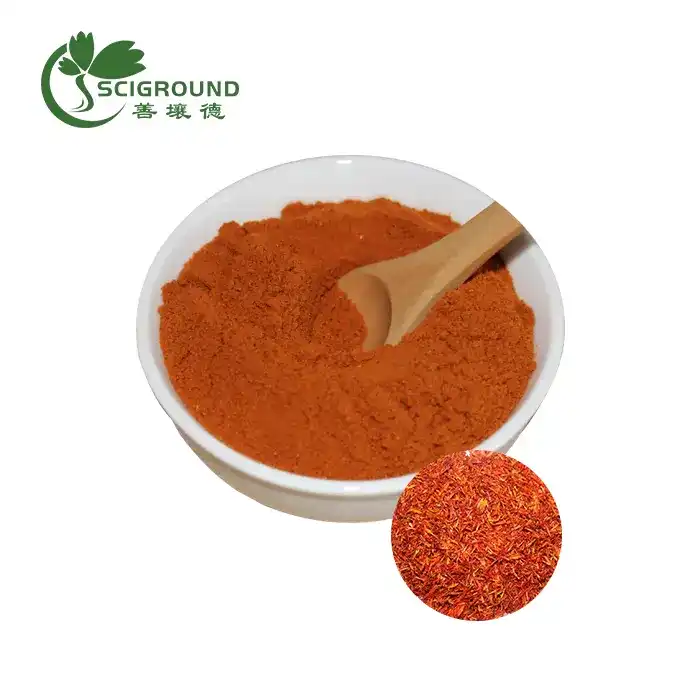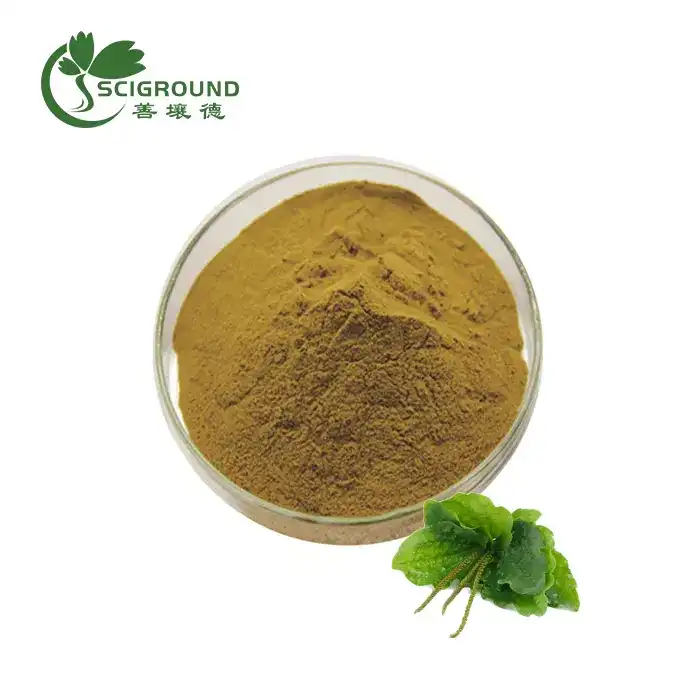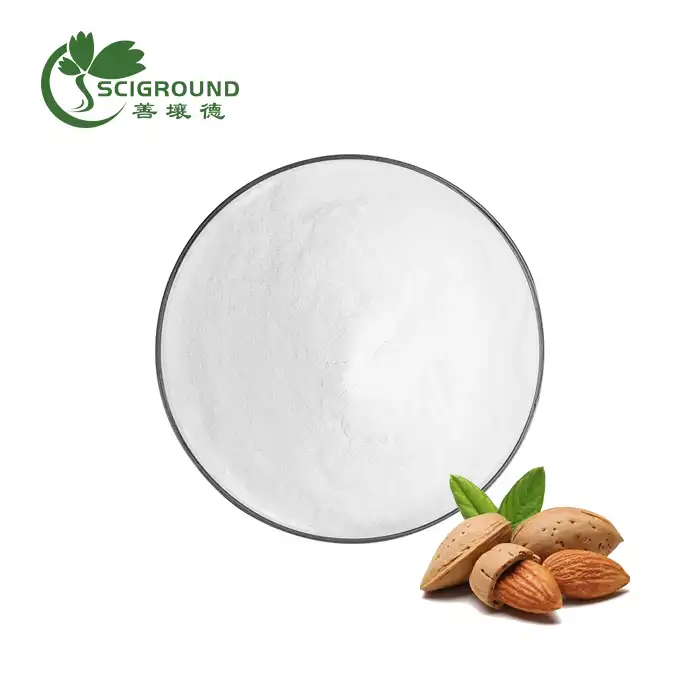What does pea protein taste like
Introduction
As someone who values health and fitness, I'm always on the lookout for high-quality protein supplements to complement my active lifestyle. Pea protein has evolved as a popular plant-based protein alternative to regular whey protein in recent years. But, before I had pea protein for the first time, I was curious: how does pea protein taste? Is it worth it? How does it compare to whey or other proteins in terms of flavor?
In this essay, I'll discuss my observations and findings about the flavor of pea protein isolate bulk. I'll compare it to whey, go over how to flavor it, and explain why taste isn't as important as you may assume. Read on if you're a vegan, lactose intolerant, or just seeking to switch up your protein routine.
Peas as an alternative protein source have piqued the curiosity of the food industry and consumers in recent years. Pea proteins, on the other hand, do not normally taste neutral and have a distinct flavor that is sometimes described as "beany."

Comparing Pea Protein Taste to Whey
For anyone accustomed to the taste of whey protein, the first sip of pea protein will likely taste quite different. Whey has a mild, creamy dairy flavor. Pea protein, on the other hand, has a more earthy, vegetal taste. The flavor is reminiscent of pea soup or split pea dip. Some describe it as beany, grainy, or mealy. The taste comes from compounds in peas themselves, including amino acids, polyphenols, and saponins.
The grainy texture and particulate mouthfeel of pea protein can take some getting used to. It's generally less smooth than a high quality whey protein. But with time, most people find the taste inoffensive if not enjoyable. Mixing pea protein into fruit smoothies is an easy way to cover up the earthier flavors. Chocolate or vanilla flavored varieties also help improve the palatability.
While whey protein still reigns supreme in terms of taste for most people, one big advantage of pea protein is a lack of dairy flavor. Those who dislike or are sensitive to milk proteins often appreciate the cleaner, vegetable-based taste profile.
Factors Affecting Taste
Not all pea protein powders taste the same. The taste can vary significantly depending on manufacturing processes and ingredients:
Processing method - Harsher extraction and bleaching produces more bitter, chemical flavors. More natural cold processing retains peas' natural sweetness.
Pea source - Yellow split peas have a milder flavor than green peas. French green peas offer a sweeter taste.
Protein content - More protein concentration leads to stronger pea flavor. Lower purity blends are often less grainy.
Flavorings - Cocoa, vanilla, cinnamon and other additions help cover up pea taste. Stevia sweetener enhances sweetness.
Mixability - Poorly mixing protein leads to clumping and uneven flavor. Quality brands blend smoothly.
Personal taste - Individual preferences differ. What tastes unpleasant to some is enjoyable to others.
With so many factors impacting taste, try several pea proteins to find your favorite. High quality cold-processed varieties with extra flavors usually taste best.

Tips for Improving Pea Protein Taste
If you try pea protein wholesale and can't get over the earthy taste, don't give up! Here are some simple tips to improve the flavor:
Mix with fruit - Berries, bananas, and other fruits readily cover up vegetable notes. Smoothies are a great way to mask peas' natural flavor.
Use flavor boosters - Cocoa powder, peanut butter, cinnamon, vanilla extract and other mix-ins help enhance taste.
Chill drinks - Ice cold smoothies or protein shakes help temper flavors.
Blend with whey or soy - Combining a little whey or soy protein improves overall palatability.
Drink quickly - Down your shake fast before unpleasant aftertastes develop.
Sweeten lightly - A dash of stevia or honey balances bitterness without adding calories.
Switch brands - Each brand uses unique processing, so keep sampling to find one you love.
With a few simple tricks, it's easy to make pea protein tasty and delicious. The earthy flavor shouldn't deter you from trying this healthy and sustainable protein option.
Nutritional Benefits of Pea Protein
Even if it doesn't taste quite as good as whey, pea protein still shines in terms of nutrition:
High protein - Pea protein contains 20-30 grams of protein per serving, comparable to whey.
Non-allergenic - Pea protein contains no dairy or egg allergens, making it safe for most people.
Easily digested - Many find pea protein easier on the stomach than animal proteins like whey.
Rich in iron - Pea protein provides more iron than other vegan protein sources. Iron aids metabolism.
Good source of BCAAs - Pea protein contains branched chain amino acids important for muscle growth.
Low in fat and carbs - Unlike soy, pea protein is low in fat and carbs, allowing greater protein intake.
Sustainable - Pea farming has a lower environmental impact than dairy farming.
Vegan - Sourced from plants, pea protein is suitable for vegan and vegetarian diets.
The light taste of pea protein is a small sacrifice for its superb nutritional profile. While not as tasty as whey, pea protein still delivers everything an active body needs.
Pea Protein vs Soy Protein Taste
For vegans and vegetarians seeking meatless protein, two popular options are pea and soy proteins. But which tastes better?
On average, soy protein tends to have a leg up on pea protein in terms of taste and texture. Soy protein is naturally smoother and creamier, with a mild beany flavor. Pea protein powder has a more pronounced earthy, grainy taste.
But soy also comes with some drawbacks. It can have an unpleasant aftertaste. Some people dislike soy's more pronounced flavor. Soy is also high in phytoestrogens, so some avoid it for hormonal reasons.
For the best taste and nutrition, mixing pea and soy proteins creates a perfect balance. The smoothness of soy covers up the textural issues with pea. And the milder pea flavor tempers soy's more polarizing aftertaste. A 50/50 pea and soy blend gives you the best of both worlds.

Why Pea Protein is So Popular
Given its distinctive taste, you may wonder - why has pea protein gotten so popular in recent years? Here are some reasons for its meteoric rise:
Plant-based eating trend - Consumers seek more meatless, eco-friendly protein options.
Nutritional profile - Pea protein packs protein, amino acids, iron without fat, carbs, or allergens.
Non-GMO - Most pea protein comes from non-GMO pea crops.
Easy digestion - Pea protein is easier to digest than soy, whey, or casein for some people.
Hypoallergenic - Pea protein contains no common allergens making it safe for more individuals.
Versatility - Pea protein works for shakes, smoothies, baked goods, snacks, and more.
Affordability - Pea protein costs less than specialty proteins like hemp, beef collagen.
Sustainability - Pea protein production has less environmental impact than dairy-based whey.
While it may not offer the best taste, pea protein checks many boxes that consumers find important when choosing a protein powder. The health benefits and sustainability advantages make pea protein's earthier taste easy to overlook.
Conclusion
My experience has shown pea protein does have a distinct taste, but it should not deter anyone from trying this plant-based protein option. By partnering pea protein with fruits, flavors, or other proteins like soy or whey, you can readily mask any unpleasant flavors. The incredible nutritional profile of pea protein makes it well worth exploring for health-conscious protein seekers.
While whey protein may retain a slight edge in taste, pea protein shines in other areas. It delivers comparable protein, it’s vegan, hypoallergenic, easily digested, rich in nutrients, sustainable, and affordable. With the right flavor additions and recipes, pea protein can be quite palatable and delicious in everything from smoothies to baked goods. For those eager to reduce meat consumption or avoid dairy, pea protein's earthy flavor seems a small price to pay for its many benefits.
Give bulk pea protein a try in your diet, experiment with flavors and recipes, and don't judge it solely on taste. You may just find that this versatile plant-based protein becomes your new go-to choice.
References:
Stonehouse, W., Wycherley, T., Luscombe-Marsh, N., Taylor, P., Brinkworth, G., & Riley, M. (2016). Effects of Casein and Whey Protein Supplementation on Body Composition and Cardiovascular Risk Factors from Energy Restriction: A Systematic Review and Meta-Analysis. Advances in Nutrition, 7(2), 236–243. https://doi.org/10.3945/an.115.011353
Reed, G.A., Nagodawithana, T.W., Soetongo, M.S. et al. (2015). Enzymic hydrolysis of vegetable protein isolates to improve their taste profiles. Food Chem, 172, 762–770. https://doi.org/10.1016/j.foodchem.2014.09.130
Raak, C., Ockerman, H. W., & Schlegel, K. (1981). Effects of processing methods on the functional properties and in vitro digestibility of legume proteins. Journal of Food Science, 46(5), 1586–1587. https://doi.org/10.1111/j.1365-2621.1981.tb03159.x
Babault, N., Païzis, C., Deley, G., Guérin-Deremaux, L., Saniez, M.H., Lefranc-Millot, C., & Allaert, F.A. (2015). Pea proteins oral supplementation promotes muscle thickness gains during resistance training: a double-blind, randomized, Placebo-controlled clinical trial vs. Whey protein. Journal of the International Society of Sports Nutrition, 12(1). https://doi.org/10.1186/s12970-014-0064-5
About Author

Celine Xu is a botanist with over 15 years of experience researching and developing plant extracts for nutritional and pharmaceutical applications. She leads an R&D team focused on identification, cultivation and extraction of medicinal plants. Celine Xu earned a Ph.D. in Plant Biology has authored numerous articles in peer-reviewed journals about the health benefits of specific phytochemicals. She frequently speaks at industry conferences about new developments in plant extract research. Celine Xu is dedicated to advancing the scientific understanding of how targeted plant compounds can be used to improve human health.
Related Industry Knowledge
- What are the benefits of Morinda Officinalis Extract?
- What is acriflavine hydrochloride used for?
- Does Alfalfa Extract Contain Calcium?
- Is ginger powder the same as regular ginger?
- Does L-serine increase serotonin?
- Does Stevia Taste Like Sugar
- How to Use Chaga Extract Powder
- How much vitamin b6 for luteal phase defect
- Everything You Need to Know About Wheat Protein Flour
- The Mighty Maca Root Extract Powder: Revitalize Your Health and Vitality Naturally
